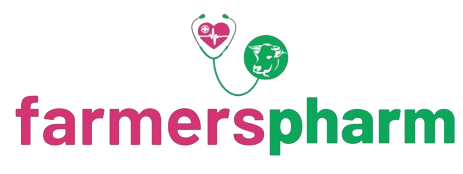Vaccination in livestock farming is used to protect animals from various diseases and illnesses. The main purpose of vaccination is to prevent the spread of disease within a herd or flock, which can lead to decreased productivity and financial losses for farmers.
Vaccines work by stimulating the animal’s immune system to produce antibodies that can fight off specific pathogens. This helps to protect the animal from getting sick if it is exposed to the disease in the future.
In addition to protecting individual animals, vaccination can also help to prevent the spread of disease to other herds and flocks. This is particularly important for diseases that can be transmitted between animals, such as foot-and-mouth disease and avian influenza.
There are different types of vaccines available for different diseases, and the specific vaccine used will depend on the disease being targeted and the species of animal being vaccinated. Vaccines may be administered through injection, orally, or nasally.
Vaccination programs in livestock farming are usually designed and implemented by veterinarians, in collaboration with farmers. These programs typically involve regular vaccinations at specific intervals, as well as monitoring the animals for signs of illness.
Overall, the purpose of vaccination in livestock farming is to protect the health and well-being of the animals, as well as to prevent the spread of disease and minimize financial losses for farmers.


